DOG TRAINING OFFERED IN-PERSON AND ONLINEOur dog training services are delivered in almost any format that meets your needs. We have GROUP CLASSES at our indoor and outdoor facilities on our farm, ONLINE LIVE STREAMING classes, and SELF-PACED VIDEO-BASED training through our Online Dog Training Course. Our PRIVATE TRAININGS can be done in-home, outside, in public dog-friendly locations, at our facility on our farm, online via phone or video conferencing and through email. |
Question:
My dog has darted out the front door a few times and it takes me a while to get him back. How can I stop this? We discussed this in our last article, with a focus on a reliable Wait at all exterior doorways. In this article, we’ll discuss this issue further.
The Trainer Answers:
In addition to a strong Wait, we mentioned that you need a reliable Come if your dog does get out. While all dogs should have some degree of training to produce a reliable Come when called, there are those times when even a well-trained Come can fail. Let’s look at a few options when you need an Emergency Come.
If your dog is at risk of darting out the door or escaping a collar or harness, be prepared in the case of an emergency. If your dog responds well to specific or unusual sounds, then you might want to have something you can pull out in that emergency situation. It might be a dog whistle (especially if you can’t whistle loudly with your mouth), a squawker, a loud squeaker, or any other sound that is loud and gets your dog’s attention enough to get him or her running back to the sound.
While our tendency is to run after our loose dog, what often works far better – but ONLY if you can get them to notice you first! – is to run in the opposite direction. Dogs will often run after us because they love to chase moving objects. If you are running toward your dog, the inclination will be to continue in the same direction you are headed which is away from you.
Another option is to essentially make a fool of yourself (also called the “Entertain Your Neighbors Strategy”) by rolling on the ground and making funny noises, pretend you found the most amazing discovery in the nearby bushes, or doing something else entirely out of character for you that will get the immediate curiosity of your dog.
The trick to these or similar techniques is to practice just often enough to ensure they work but are still novel to your dogs. If you over-use them, the novelty will wear off and not be as effective in an emergency. If you never try them until there is an emergency, then you won’t know if they will work or not until it might be too late.
Our goal is to positively impact the lives of as many dogs and their families as we can, in part through our extensive library of video, infographics and text articles. |

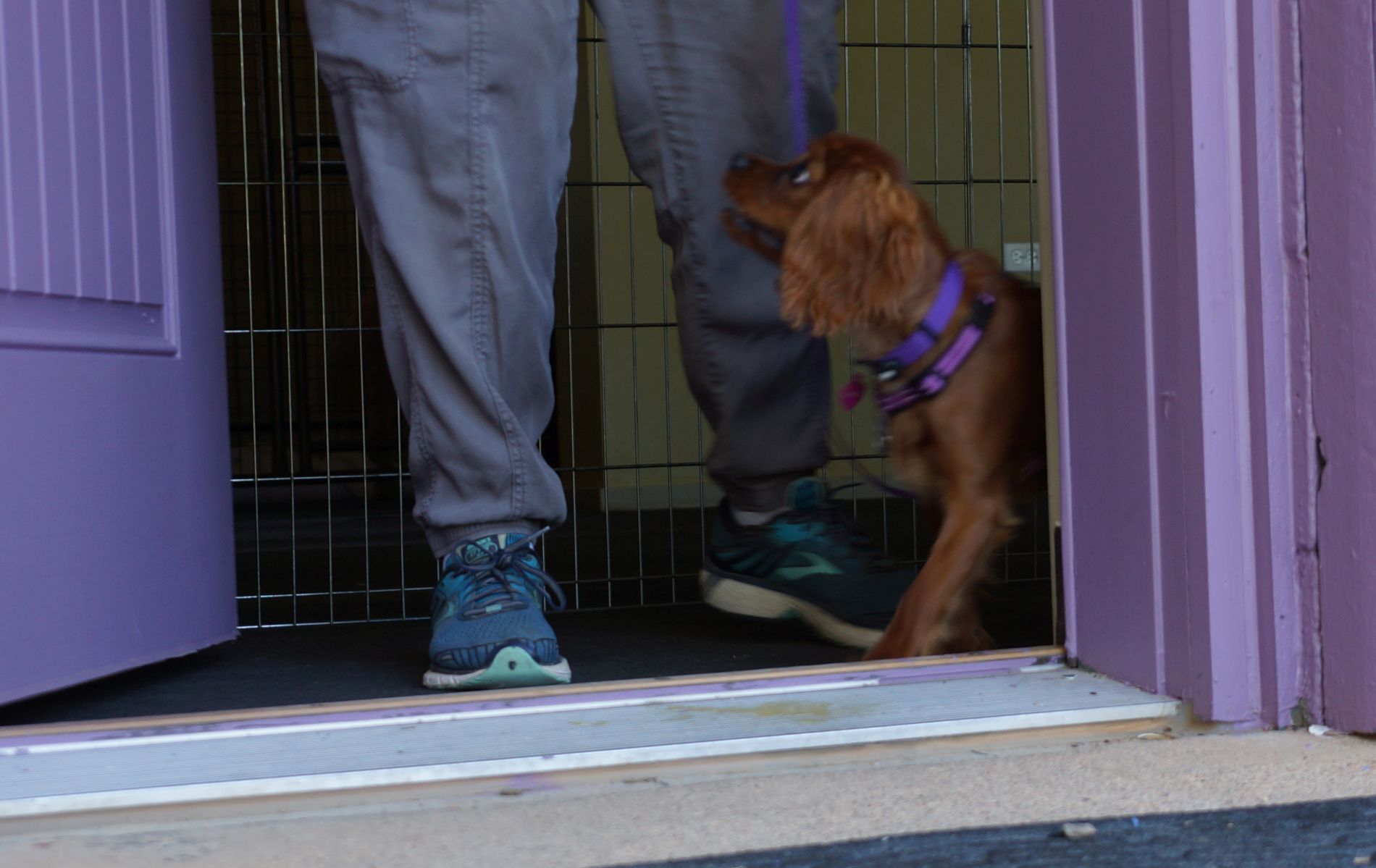
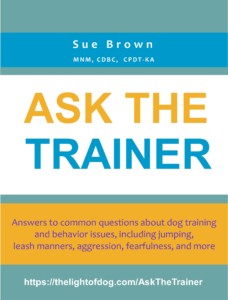
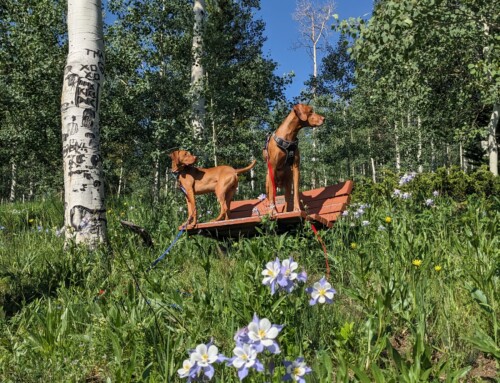
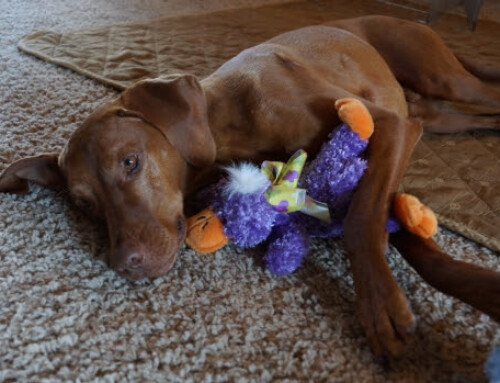
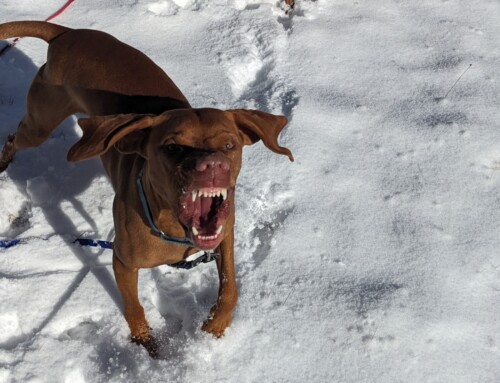


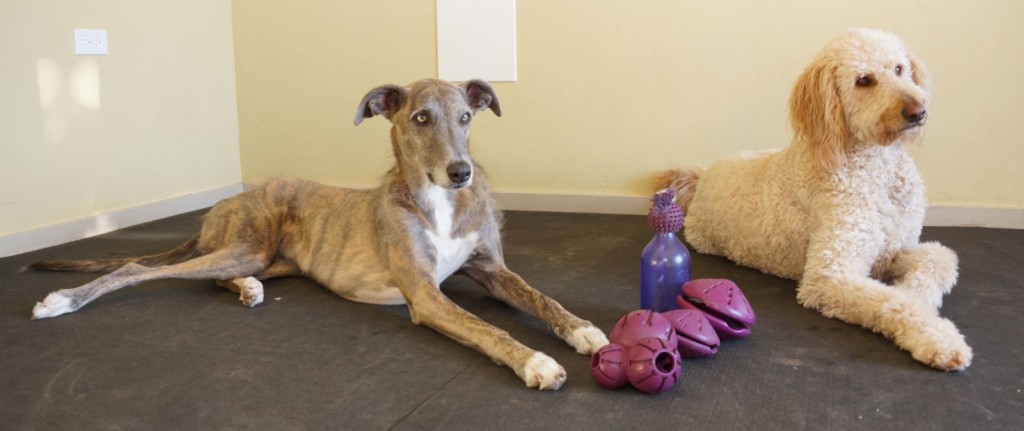


Leave A Comment